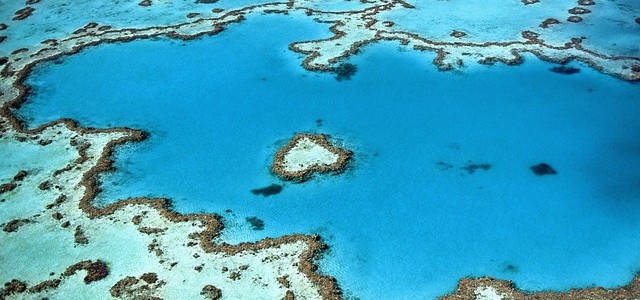
Coral reefs
Coral reefs are one of the life-support systems essential for the survival of numerous marine organisms including a third of all fish species. They are diverse, beautiful, vibrant, and desperately endangered. Coral reefs play an essential role in contributing to the formation of white sandy beaches and protect the coastlines from erosion.
Endangerment of coral reefs
These fragile ecosystems are deteriorating at an alarming rate. This is due to increased unethical fishing methods that largely involve the use of hazardous compounds such as dynamite and cyanide. The food web that coral depends on is becoming broken and fragmented day-to-day. Fishing activities pollute the water and consequently disrupt the life and nutrient cycle that reef depends on, exposing them to serious negative consequences. Waste dumping, oil spillage, and other by products have led to the contamination of the seas so much that they expel symbiotic zooxanthellae algae. Lack of zooxanthellae algae causes bleaching and death of coral reefs throughout the ecosystem, thus affects the freshwater organisms that thrive there.
The dangers of this destruction
Fall of economies that are dependent on reefs
Many people are dependent on coral reefs for their daily survival. For example, reef fish and mollusks actually feed an estimated population of upto fifty million people each year. Families in poverty stricken areas can earn income simply by selling the beautiful and exotic reef fish as pets. Additionally, most economies also depend on tourism. Irresponsible treatment of the reefs therefore makes it impossible to sustain people who have close relationships with the reefs.
Destruction of the natural coastal protection
Reefs normally form near the shores of low lying coastal lands, creating a natural barrier of protection against strong waves, currents, and storms. Without the coral reefs to slow the speed of water before it reaches the shore, these areas are extremely vulnerable. As a matter of fact, building a protective wall along a coastline after a reef has been destroyed is extremely expensive, typically costs millions of Dollars.
How to protect coral reefs
Disposing waste products properly
Use environmental-friendly methods to get rid of litter. Leaving behind any kind of litter such as fishing lines and nets is pollution and poses a great risk of harming the reefs and its species.
Supporting reef-friendly business
There will be no harm at all to ask fishing, boating, and aquarium services if and how they take part in protecting the coral reefs. Ensure that they care for the living ecosystem they are earning income from. Do not use their service if you’re in doubt. You should look for alternative organizations that are responsible for managing the reef ecosystem.
Spreading the word
Informing others on the importance of keeping coral reefs is actually the most effective and essential way to show support to reef ecosystems. Therefore, people should be encouraged to learn on the matter and start securing change.
Contacting government representatives
Let the government be involved and demand to take action in a project that aims to fully protect reefs. For instance, you can address a letter asking to stop sewage pollution of our oceans, as well as expanding marine protected regions.